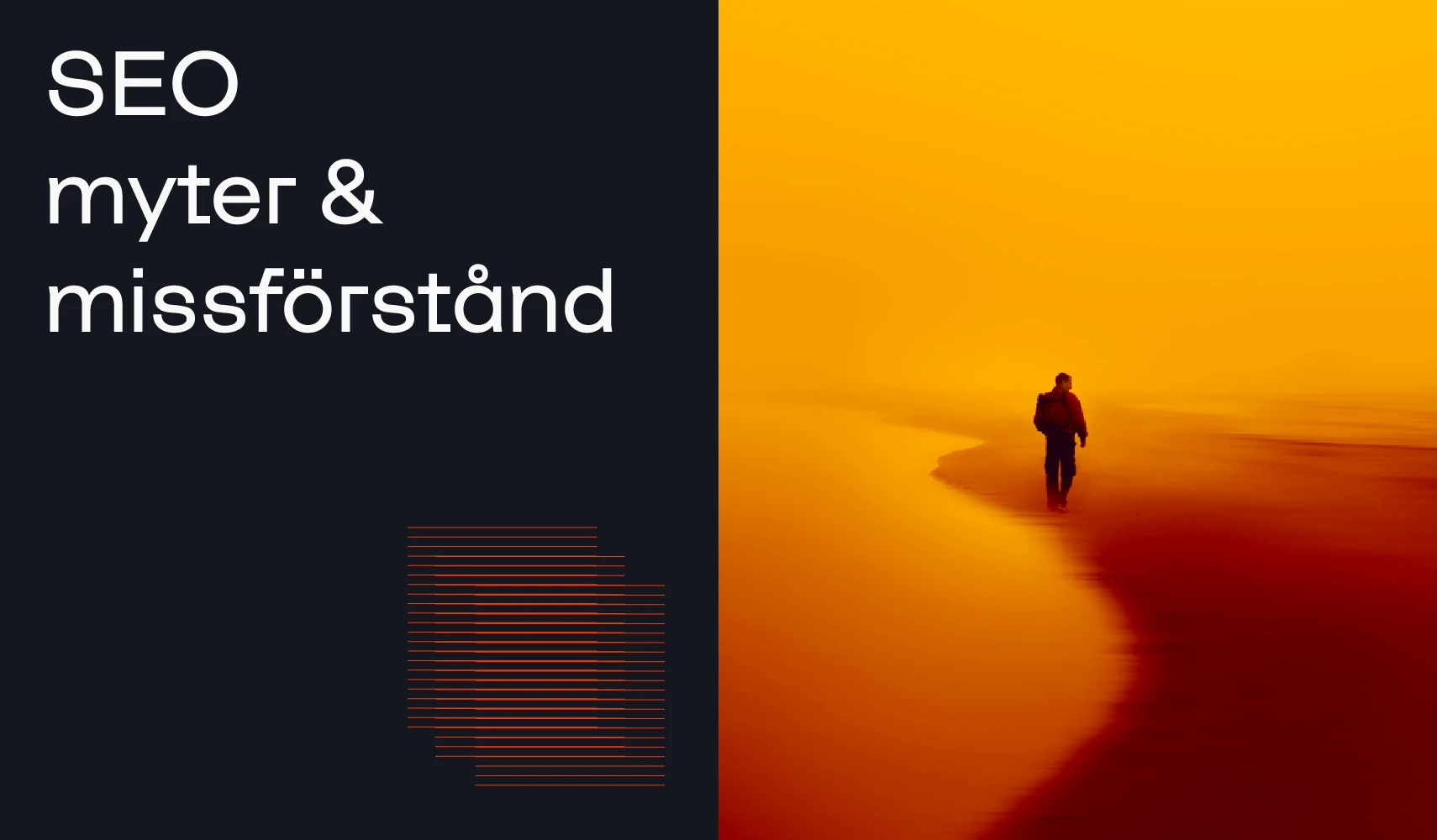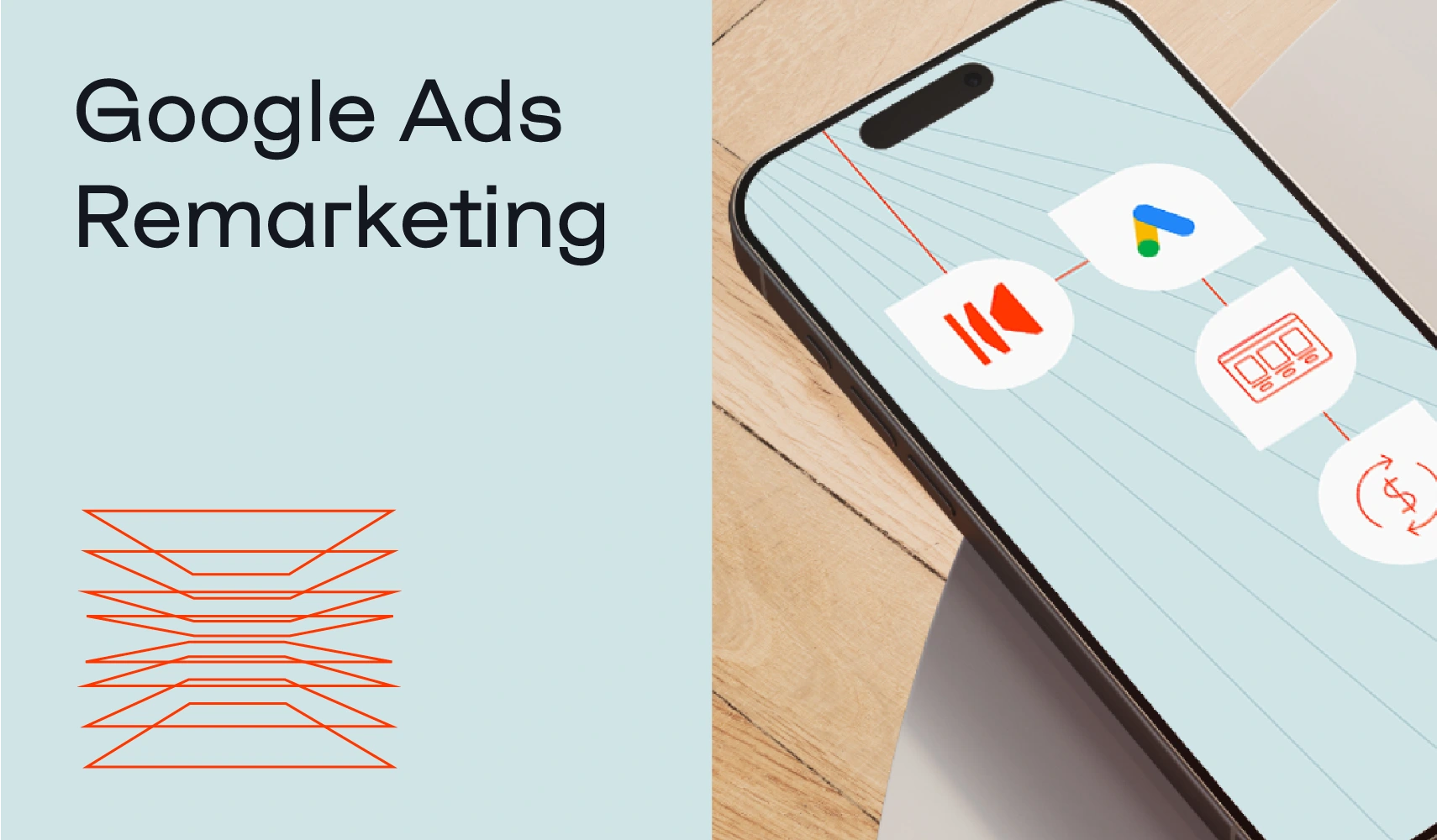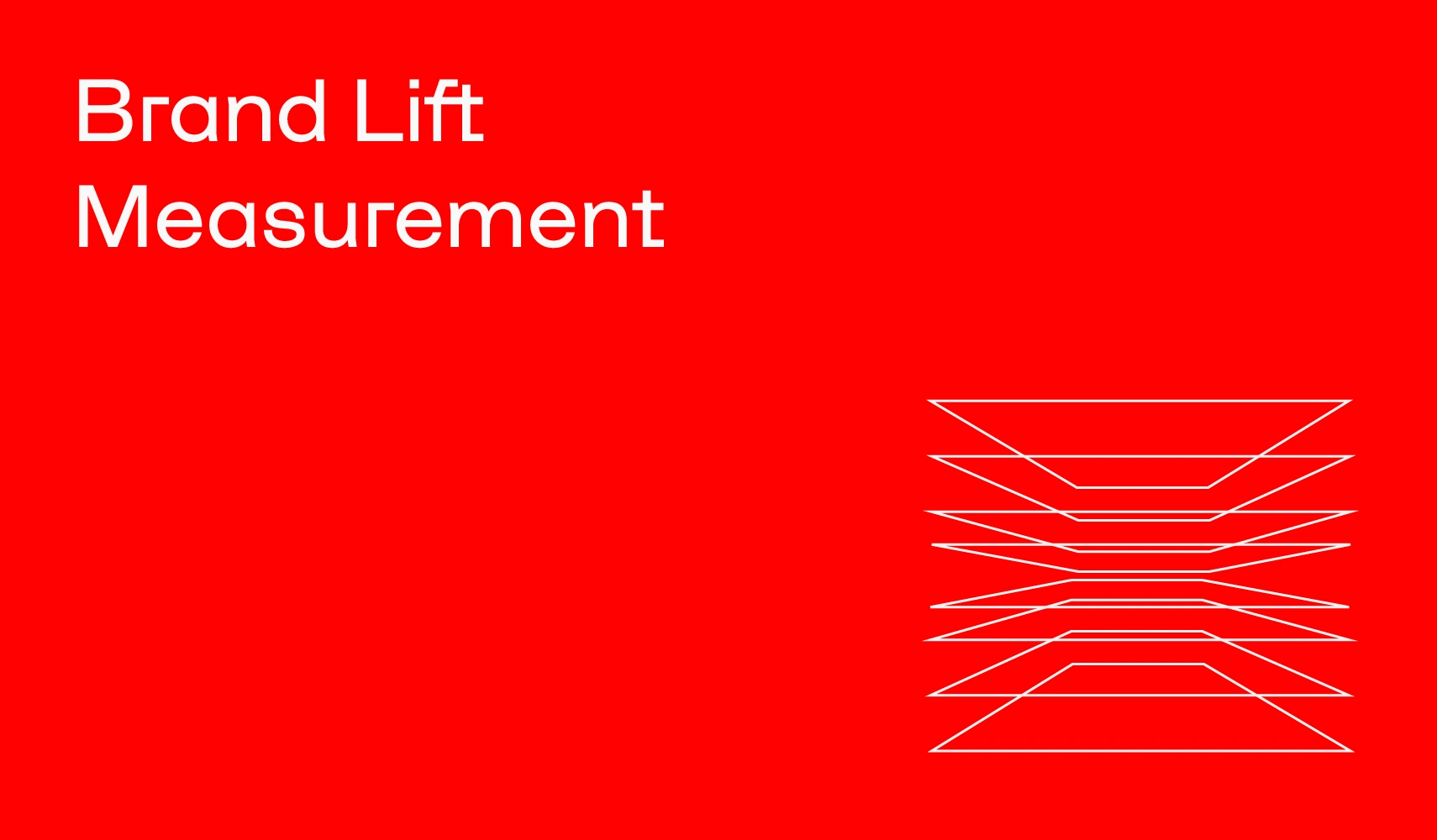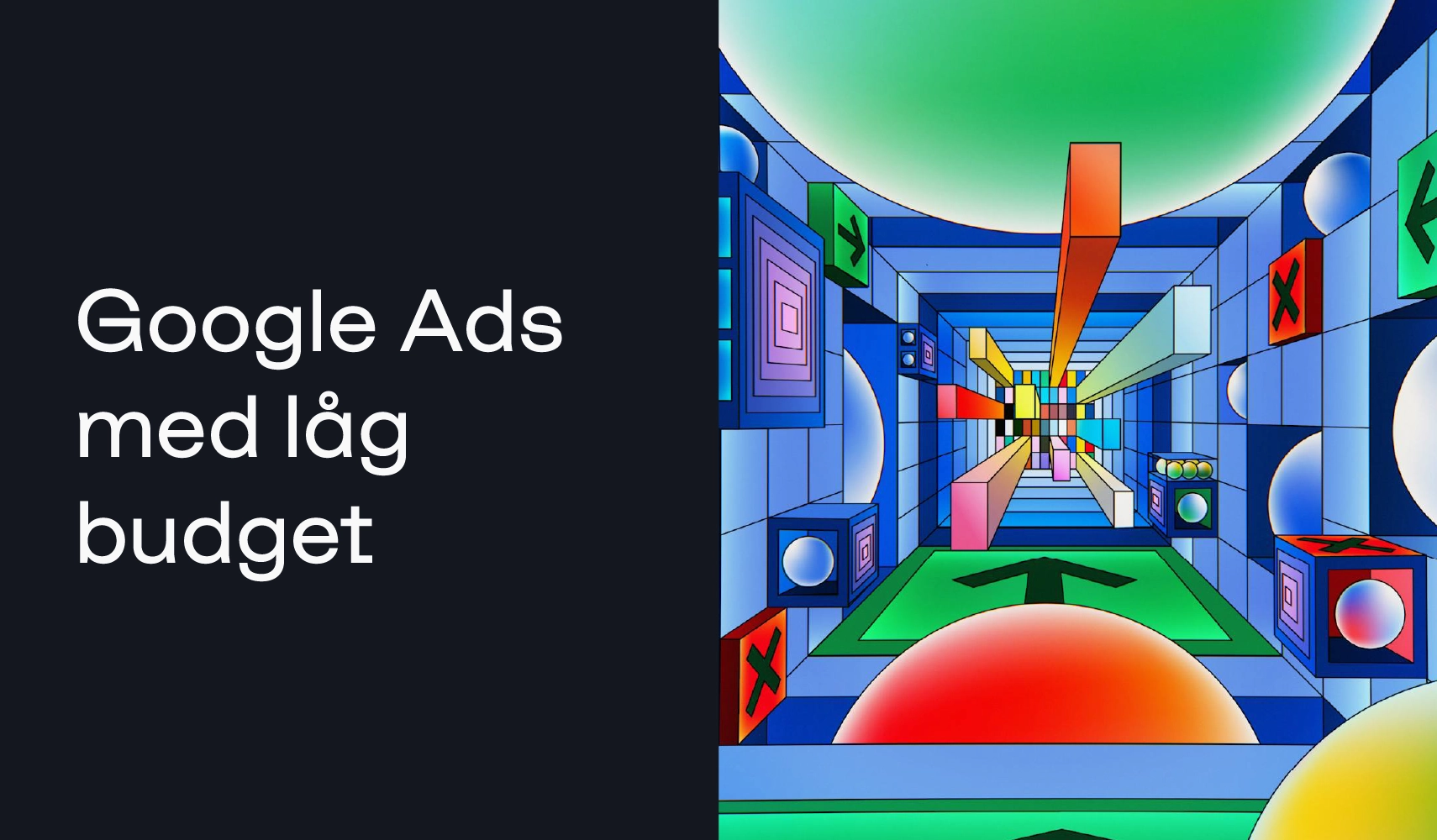Expressing oneself within digital content is a real challenge today. It moves fast in the SEO world and the competition for content is fierce and with AI generating content faster than ever. It's easy to get lost in this chaotic landscape.
Together, let's straighten out the question marks and erase the six most common SEO myths and misunderstandings from our strategy books.
The authority of the domain
If you are faced with the question why your website is not ranking better, here is an interesting point of view from an industry colleague: “Google has never ranked an entire website. It is individual landing pages that rank in search results.”
Why is there confusion? Of course, Google may consider a website's overall authority when ranking individual pages. SEO tools often take into account the authority of the website when judging how difficult it is for a page to rank for a particular keyword.
You encounter different terms in different tools. Moz refers to this as "Domain authority", while Ahrefs and Serpstat call it "Domain rating" and Semrush refers to this as "Authority score". Common to most is that they measure the quality and quantity of links to your domain name - where quality outweighs quantity, in our own experience. Check your website's Authority HERE.
But if it's not websites that rank, then why is domain authority important? Well, it gives indications of which key phrases it is possible to bet on in the SEO work.
You can compare your website's domain authority with the domain authority of pages that are currently ranking for a specific keyword. If your domain authority lies within the same spectrum, your page has a good chance of ranking well, if of course it contains elaborate and useful material.
If your page and domain authority is significantly lower, the chance of ranking high is minimal, regardless of how good the content is.
TIP: I recommend the tool MozBar, a free add-on for Chrome, which gives you the ability to see directly in your browser the authority of pages and domains on a scale from zero to one hundred.
Miss: Giving up on competitive key phrases
Don't think that SEO is useless for pages with competitive key phrases. One example is the company Astraius, which offers services in satellite launches. Their website has a domain authority of 19 and a page link authority of 22, statistics from Moz Pro show.
If Astraius were to try to optimize its service page for "space launch services", it would be like participating in a competition with no chance of winning. The difficulty level for this keyword phrase according to Moz is 58, based on the average landing page authority of pages that rank first in search results.
Should Astraius give up on using search to drive visitors to its website? Absolutely not – that's their business idea. Instead, in my opinion, they should consider the following options to have a chance in the cut-throat world of SEO:
- Get more specific: Competition usually decreases the more specific the keyword phrase becomes. For example, “commercial satellite launch services UK” is less competitive with a difficulty score of 36 (according to Moz Pro), which is more affordable for a website with Astraius' authority.
- Bet on content: A long-term SEO strategy can involve creating a lot of content around your key phrase and publishing it on multiple platforms. Andy suggests partnering with influencers to create content for various websites and conducting your own research that your PR team can get covered by other media outlets.
- Create the page anyway: Even if there is no hope of ranking for a particular page, you should create it to fulfill other purposes and promote it through paid search, sales initiatives and so on.
Miss: Not thinking about search intent when optimizing
It is crucial to always consider the search intent behind each keyword phrase searched. It's the only way to ensure that page content matches what searchers really want.
When the content on the web page does not match the user's search intent, there is a risk that they will leave the page quickly. This signals to Google that the page does not offer what the user was looking for. However, if the content matches the search intent, the user tends to stay longer and get the information they need, indicating to Google that the page delivered the right content.
In other words, content that fulfills the search intent leads to better engagement on the page — a longer time on the page. It can also lead to higher conversion rates.
There are three different types of search intent to consider:
- Information search: The user wants to know more about a topic – they search for answers.
- Purchase intent: The user needs services to do something – they have a product or service in mind and are considering their options.
- Navigation: The user wants to find a specific company and go to its website.
A page optimized for information seekers should provide detailed and relevant information about the key phrase — think a blog, article or explainer video. A page optimized for transactional intent should focus on converting the visitor into a customer.
When creating new pages for your website, always keep these bits in mind. Remember that it is a person who has found their way in because they have probably searched or been interested through an advertisement. Create the content so that you meet the customer with relevant information and try to extinguish potential question marks that the user may have.
The "almost poetic" interplay between the search intent (which I like to describe as "awareness", "learning" and "implementation") and the steps in the marketing funnel.
In the "awareness" stage, the seeker is aware of the problem. In the "learning" stage, the problem is known and they search for solutions. In the "implementation" stage, they have learned how to deal with the problem.
Understanding and matching search intent with the appropriate stage of the conversion funnel can help you optimize your pages for the appropriate conversion (subscribe, see a demo, talk to sales, etc.).
Mistake: Not using AI at all
Should you avoid AI for SEO content altogether? The answer is clearly no! Should a chef avoid using a stove when cooking? The answer is no again. Just because two people have a stove, doesn't mean they can both cook equally well, right?
A content creator with AI compared to someone who lets AI do all the work by itself will be marked by clarity in the content.
But use AI as a tool to improve your content, not as a replacement for human content creators. I suggest these three reminders when using AI to create SEO (or any) content:
- AI is not a final solution to everything.
- Use AI to improve your workflows, generate more ideas, add structure and get more out of your team.
- Limit AI to creating content for awareness because content further into your conversion funnel requires more expertise.
I recommend using generative AI as an obedient and tireless assistant. Ask it to perform tasks that would take days, weeks, or longer for a human to complete (for example, coming up with 100 article ideas on a topic). You can ask it to summarize existing articles like a research assistant and suggest outlines for new content. But I strongly advise you to check the work at every step and look for ways to make it better, more engaging and more relevant.
Generative AI will not invent anything new. It will just repeat what already exists, leading us to create boring content. So even if you use AI to generate some of the content, you might spend less time composing it, then you need to spend more time editing and fact-checking.
Suggestions for using AI in content creation:
- Use generative AI to create a persona.
- Use generative AI to compare your content to a competitor's. AI can give turbo to your competitive analysis. Ask questions like: “Which page is most likely to be helpful and informative to the person? "
The conclusion? You can use generative AI in several creative and compelling ways for SEO. But don't let anyone think it's as simple as clicking a button.
6. The mistake: Seeing SEO as a one-time effort
Algorithms change. SERP features are changing. Tools change. Your business is changing. Your customers' needs are changing. Your competitors (and their content) are changing.
Your website is your company's online personality. A personality must be alive and it changes over time. Create a customer-friendly, lively and engaging personality of your website on an ongoing basis and you will see that it goes well.




